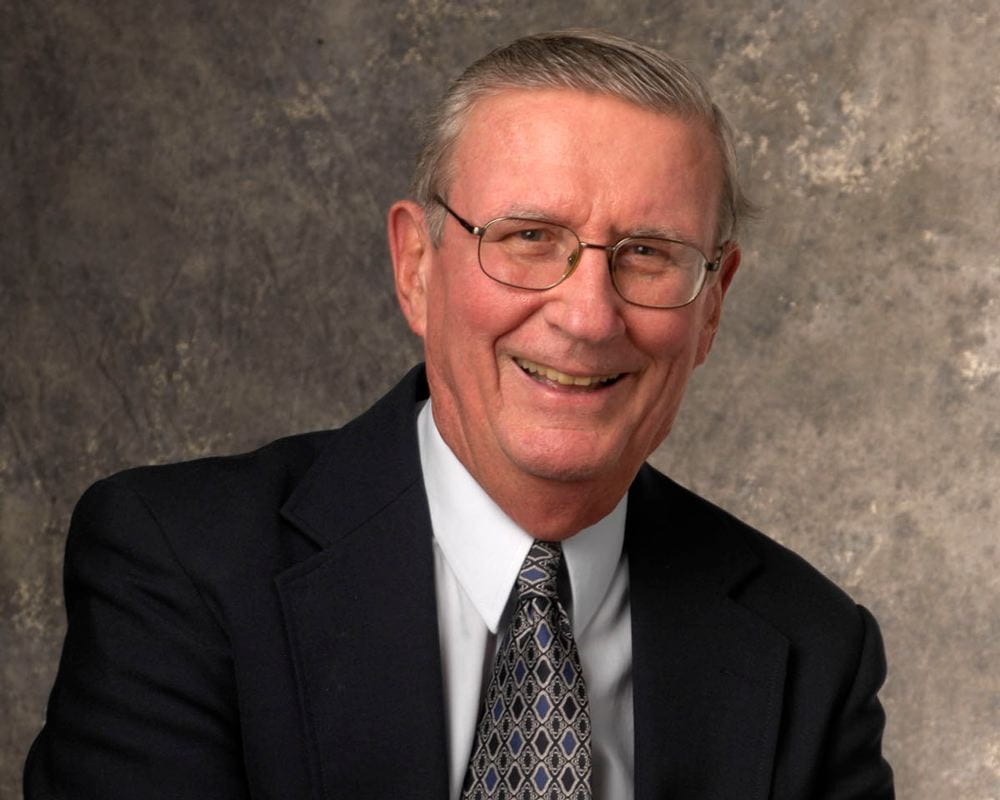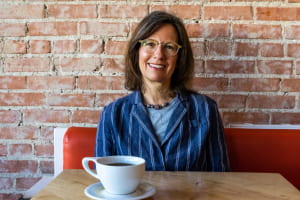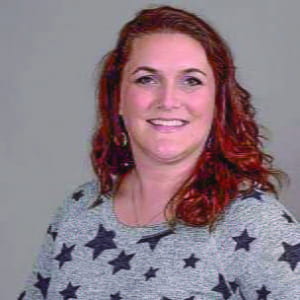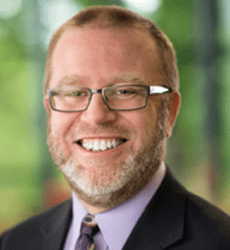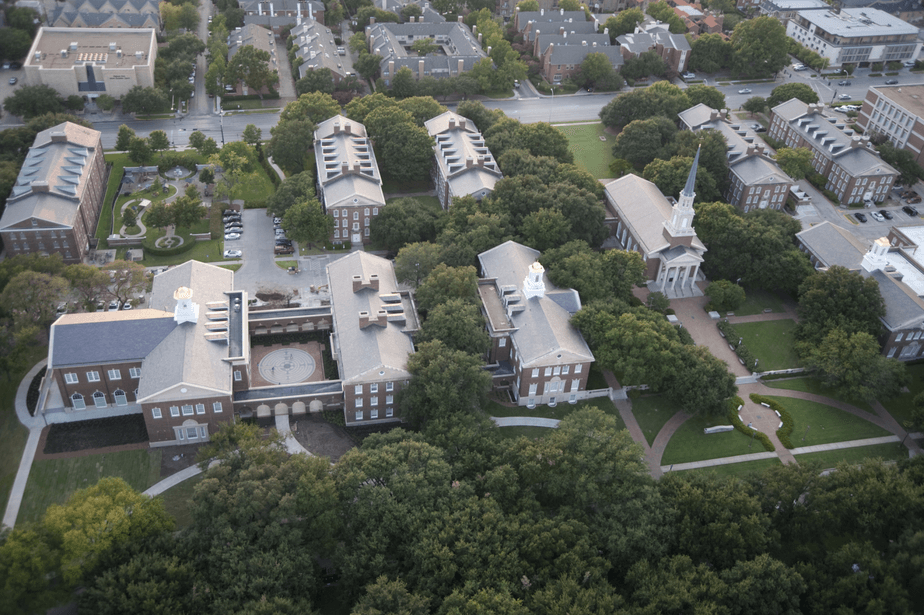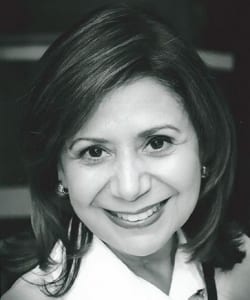Charles “Charlie” Curran jokes that there’s “much more past than there is future” in the story of his career. Now in 80s, he’s been at SMU for 30 years. But he continues to teach and to write, with one book just published and another forthcoming.
Curran’s career began as a Catholic priest teaching theology at Catholic University in Washington, D.C. His dissenting position on church teachings eventually led to his ousting.
“In 1968, when Pope Paul VI reiterated the church’s condemnation of contraception, I came out with a statement the next day saying that one could disagree with the encyclical and still be a loyal Roman Catholic,” he said. “I think there are things that are core and things that are further removed. On the latter there can be diversity and dissent from official church teaching.”
The Vatican didn’t agree. An investigation ultimately determined he was not suited to teach as a Catholic theologian. His job at Catholic University ended in 1986. Around the same time, SMU had made a decision to give greater importance to ethics.
“No Catholic institution was willing to hire me,” he said. “But SMU made me a marvelous offer. That’s why I’m at SMU. And probably why I’m staying longer than I should’ve stayed.”
Curran remains a priest in good standing. While he’s not technically part of the Perkins faculty – as a university professor, his office is at Dallas Hall – he has taught Perkins courses every year since coming to SMU.
Over the past five years, he’s taught on a reduced schedule, one class each fall at Perkins and one for SMU. This year he’s having to teach in a new way, due to the pandemic. He’s leading a seminar for master’s and doctoral students on Thomas Aquinas, Martin Luther, and John Calvin, following the hybrid format, with some students in the classroom and others joining remotely.
“Frankly, the Zoom is not my favorite way of teaching,” he said. “I didn’t expect it to work very well, but I was happily surprised.”
Eight students attend the seminar, with one joining from Mumbai, India and another from Puerto Rico, thanks to the remote component of the class.
“That’s made possible by the Zoom stuff,” he said.
Curran continues to write as well. In July, he published what he thought would be his last book (“my caboose”): Sixty Years of Moral Theology (Paulist Press, July 1, 2020.) But after preparing an address at the Catholic Theological Society of America – he served as the organization’s president 50 years ago – he decided to write one more.
“They had never had a history of the society, so, since I had the time, I thought, ‘I might as well write it,’” he said. He just finished a book chronicling the Society’s story, with publication by Paulist Press set for 2021. However, he’s careful not to call the book a “history.”
“I’m not a historian,” he said. “I don’t do archives. I insisted we call it The Catholic Theological Society of America: A Story of 75 Years. I don’t want to be flying under false colors.”
Looking toward the future, Curran still believes that Catholic Church must change its stance on sexuality, including homosexuality and contraception. He believes change has already arrived, only church teachings have failed to catch up. He followed, with interest, Pope Francis’s recent statement expressing support for same-sex civil unions.
“He’s not changing the teaching, but he is showing a care and concern for gay people and I think that’s an important step forward,” he said. “But it’s only a step.”
Research Interests
Fundamental moral theology, social ethics, role of the Church as a moral and political actor in society, Catholic moral theology
Book on His Nightstand
The Browns of California, a memoir of Pat Brown and his son Jerry Brown. “Pat Brown was an old-fashioned, backslapping politician, a hale hearty fellow well met,” he said. “His son Jerry was governor of California for four terms and ran for president three times. Columnist Mike Royko nicknamed him Governor Moonbeam. It’s a well written book and shows Jerry Brown’s strengths and weaknesses.” Curran describes himself as a “a political junkie” who has followed the 2020 election and related news closely. “One of the benefits of our system is that democracy is based on the fact you can’t trust people,” he said. “That’s why three branches to check on one another. To quote Winston Churchill, it’s the worst form of government, except for all the others.”
Who He’d Invite to His Fantasy Dinner Party
“I’ve been asked that question a dozen times, and I always refuse to answer,” he said.
Something Most People Don’t Know About Him
He’s an avid golfer, and always has been. “I caddied as a little kid,” he said. “I never played well, and these days I play worse. But I developed an interest in the history of the game and playing the courses in England.” While doing graduate work in Italy and Rome in the 1950s, he played golf in St. Andrews in Scotland in 1957. (The greens fee at the time: 75 cents.) Before COVID, he traveled often to England and Ireland, and golfed whenever he had the chance, playing 10 of the 13 courses of the British Open.
Daily Spiritual Practice
Curran follows the monastic ritual of morning prayer and evening prayer and prays a daily centering prayer – “Into your hands I commend my spirit” to clear his mind. “As you go along in life, it changes,” he said. “I’ve been to enough funerals of people my age. The older you get, there is a quiet and a peace that comes from that. We have so much to do that we lose that sense of peace at times. Peace is a great gift that Jesus gives to us.”
